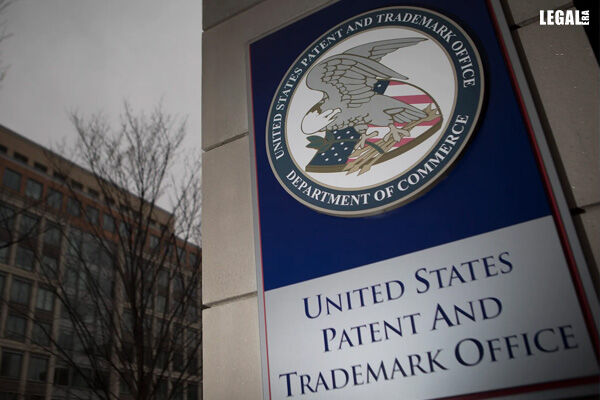
Approach to petitioner’s inconsistent claim constructions expanded upon by ‘informative’ director review decision
In the recent precedential decision in Revvo, director review was initiated sua sponte to address inconsistent claim constructions proposed by Revvo.
Continuing his pro-patent owner approach, US Patent and Trademark Office (USPTO) director John Squires has designated as ‘informative’ a director review decision wherein he depended on the recent precedential decision in Revvo Technologies Inc. versus Cerebrum Sensor Technologies, Inc. to vacate and deny institution of a Tesla, Inc. filed inter partes review.
In the recent precedential decision in Revvo, director review was initiated sua sponte to address inconsistent claim constructions proposed by Revvo. In its petition, Revvo accepted Cerebrum’s proposed claim constructions from the parallel district court litigation, although Revvo had proposed different constructions for the relevant claim terms in the district court and also did not explain why it was taking a different position in the PTAB proceeding. The Board erred in suggesting that consideration of a petitioner’s inconsistent claim constructions is limited to cases that involve means-plus-function interpretation; Squires finally held and reportedly said,
“Although the Board’s trial rules ‘do not necessarily prohibit petitioners from taking inconsistent claim construction positions before the Board and a district court,’ when a petitioner takes alternative positions before the Board and a district court, that petitioner should, at a minimum, explain why alternative positions are warranted.”
In Tesla, Inc. v. Intellectual Ventures II LLC, IPR2025-00340, Paper 18 (Squires Nov. 5, 2025) (informative), patent owner Intellectual Ventures similarly pointed out that Tesla proposed a specific claim construction in the district court litigation but in the PTAB proceeding, said that the challenged claims should be given their plain and ordinary meaning. Tesla simply argued that it is statutorily prohibited from raising indefiniteness challenges in an IPR and hence, the different claim constructions were warranted. Squires dissed that explanation, reportedly holding:
Squires then offered advice as to how Tesla’s explanation could have been made adequate. Squires reportedly said,
“Petitioner’s explanation may have risen to a sufficient level, for example, if Petitioner had shown that, notwithstanding the alleged indefiniteness of the claim term, an ordinarily skilled artisan would understand that the asserted art satisfies the claim limitation (such as if the limitation prescribed a range and only the outer bounds of the range were unclear).”
Squires turned back to Revvo and reportedly said, “Allowing a petitioner to advance a claim construction before the Board when that petitioner has made inconsistent indefiniteness arguments in district court fails to further, but instead detracts from, the Office’s goal of ‘providing greater predictability and certainty in the patent system.’”
The decision of the PTAB on institution was thus vacated and the petition was denied.
As per the USPTO website, an informative decision “provides Board norms on recurring issues, guidance on issues of first impression to the Board, guidance on Board rules and practices, and guidance on issues that may develop through analysis of recurring issues in many cases.” On the other hand, precedential decisions, establish “binding authority concerning major policy or procedural issues, or other issues of exceptional importance.”